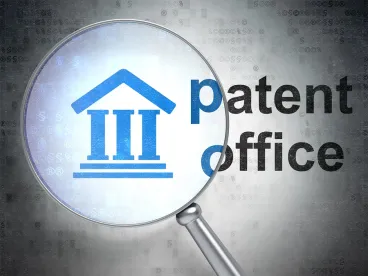Is a patent-holder precluded from recovering lost-profits damages for patent infringement if those profits would have been earned on contracts for services to be performed outside of U.S. territory? That is the $93.4 million question presented by the cert petition in WesternGeco L.L.C. v. ION Geophysical Corp., No. 16-1011 and that the Supreme Court is set to consider at its Friday, January 5 conference.
The petition stems from an opinion of the Federal Circuit in which a divided panel affirmed a jury verdict of patent infringement and its damages award of $12.5 million in reasonable royalties but reversed the additional award of $93.4 million in profits that the jury found WesternGeco would have otherwise made on ten contracts that it lost to ION Geophysical’s (“ION”) customers. Those contracts were for performing marine seismic surveys, which were the subject matter of the patents that ION was found to have infringed under 35 U.S.C. § 271(f) by exporting components to customers who assembled the system and then used it to perform surveys. However, the lost survey contracts were for work to be performed on the high seas, i.e. outside U.S. territory.
The Federal Circuit panel majority found that this fact disqualified those contracts as a permissible measure of damages. The dissenting judge (Judge Wallach), however, argued that ordinary common-law damages principles should apply, which would require only proximate causation between any U.S. infringement and the lost profits. Judge Wallach relied on a trio of Supreme Court cases dating from the 1800s and early 1900s as supporting recovery of lost profits in the circumstances of this case.
On December 6, 2017, the U.S. government filed a brief in support of the cert petition that largely echoed Judge Wallach’s views. The government writes that “because patent infringement is a species of tort . . . [the] traditional common-law principle . . . [of] compensatory damages” should apply. That traditional principle is, according to the government’s brief, “just as borderless as the common-law exhaustion principle” that the Supreme Court recently applied in Impression Prods., Inc. v. Lexmark Int’l, Inc., 137 S.Ct. 1523 (2017) to find that a patentee’s foreign sale of a patented article exhausts the patentee’s domestic patent rights in that article. The government also agreed with Judge Wallach that Supreme Court precedent, “although not squarely hold[ing]” that “foreign lost profits attributable to domestic acts of patent infringement” are recoverable, “suggests that the Federal Circuit’s approach is mistaken.”
In a supplemental brief filed on the same day the case was distributed for conference, ION argues, among other things, that the Supreme Court must deny the petition because the parties and the government do not agree on whether the question presented for Supreme Court review should focus on 35 U.S.C. § 271(f) (inducing the infringing combination of components outside the U.S.) or on 35 U.S.C. § 284 (damages). The Court will decide on Friday whether or not it agrees with that objection.




 />i
/>i
